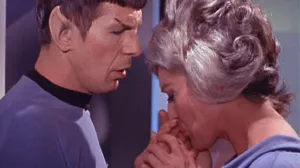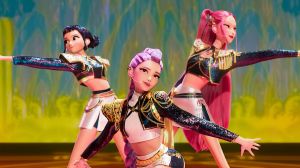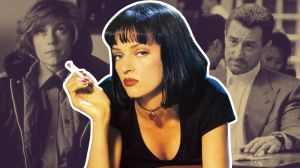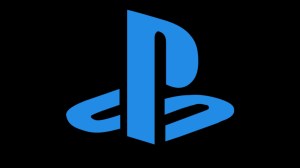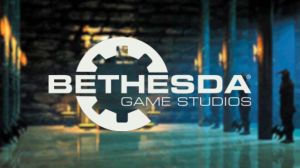My Hero Academia has ended, with the final chapter of the manga series having been released. As expected, the choices that MHA creator Kohei Horikoshi made in ending his story have created some pretty big debates within the fandom – chief among them being whether or not My Hero Academia delivered a suitable ending for Izuku Midoriya.
Videos by ComicBook.com
My Hero Academia Ending Explained
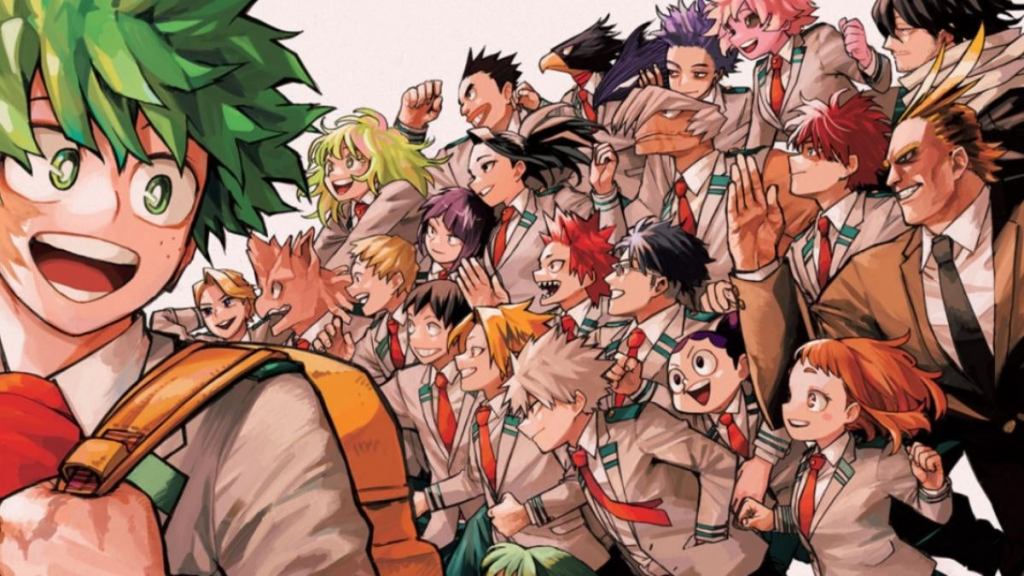
My Hero Academia Chapter 430 ended the series with a major time skip to eight years in the future. We learned that in that new status quo, many of the series’ fledgling heroes (Bakugo, Shoto Todoroki, Uraraka Ochako) have become top pro heroes while supporting characters (like Gentle Criminal, La Brava, or Mei Hatsume) have become some of the greatest names in hero support around.
However, Izuku Midoriya finds himself returned to a powerless state after One For All’s final embers extinguish inside him. He ends up being an instructor at U.A. High School, helping a whole new generation of kids reach their full potential as pro heroes. A pivotal scene reveals that “Deku” is still an icon who inspires even those with the most mundane quirks to strive toward being the best heroes they can be; a final “post-credits scene” also reveals the twist that Izuku’s friends get together and fund a cutting-edge new suit of armor for him to wear, so that he can once again take up hero work as “Deku” alongside them.
Was My Hero Academia’s Ending A FAIL For Deku?
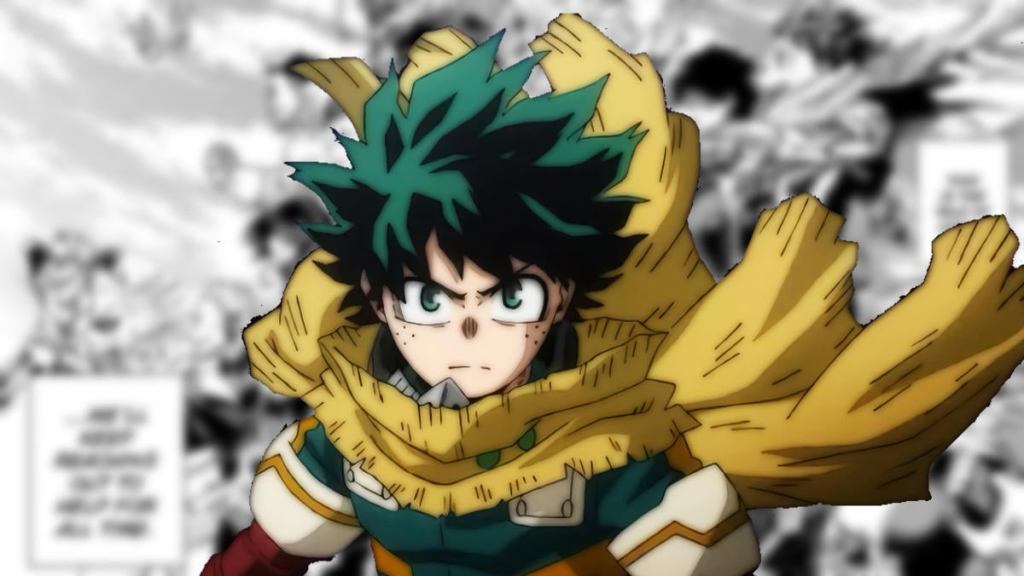
It’s complicated to even tackle this question, given that My Hero Academia’s ending walks the fine line of de-powering Izuku while opening a new door to how he can still act as a superhero.
Still, some fans have been understandably critical of the idea that Deku didn’t retain OFA in some capacity – becoming the first bearer in a new chain that will extend into the future. There would’ve been obvious thematic poetry to that kind of ending for Izuku – but it’s not the only ending that fits his character.
It’s key to remember that Izuku Midoriya’s defining heoric quality wasn’t being the latest bearer of OFA – it was having a heroic heart pure enough to not only inherit it, but become the first to master it. It’s also key to observe that Midoriya’s second defining quality was his tactical prowess for understanding and using quirk powers – which allowed him to master the different quirks within OFA. Finally, Deku’s other defining quality was his view on what it is to be a hero – namely to be helpful in fostering a sense of hope and optimism in people.
None of Izuku Midoriya’s defining qualities required superpowers – and that’s entirely the point. The thematic statement MHA makes is that any of us can be a hero, if we have the right morals, empathy, and courage. Izuku still being a major figure in the hero world post-OFA grounds the series in a way most comic book superhero tales cannot achieve again once they’ve leaned into the pulpier elements of the genre. With its ending, My Hero Academia brings things full-circle back to the grounded place it started from – and then, as a simple loving nod to the fans, Horikoshi kept imaginations alive and minds hopeful, by giving Deku means to be the Iron Man of his world, no superpower required. It’s story integrity and fan service in one package – what more could you ask for?
My Hero Academia‘s manga chapters are available to read online.



